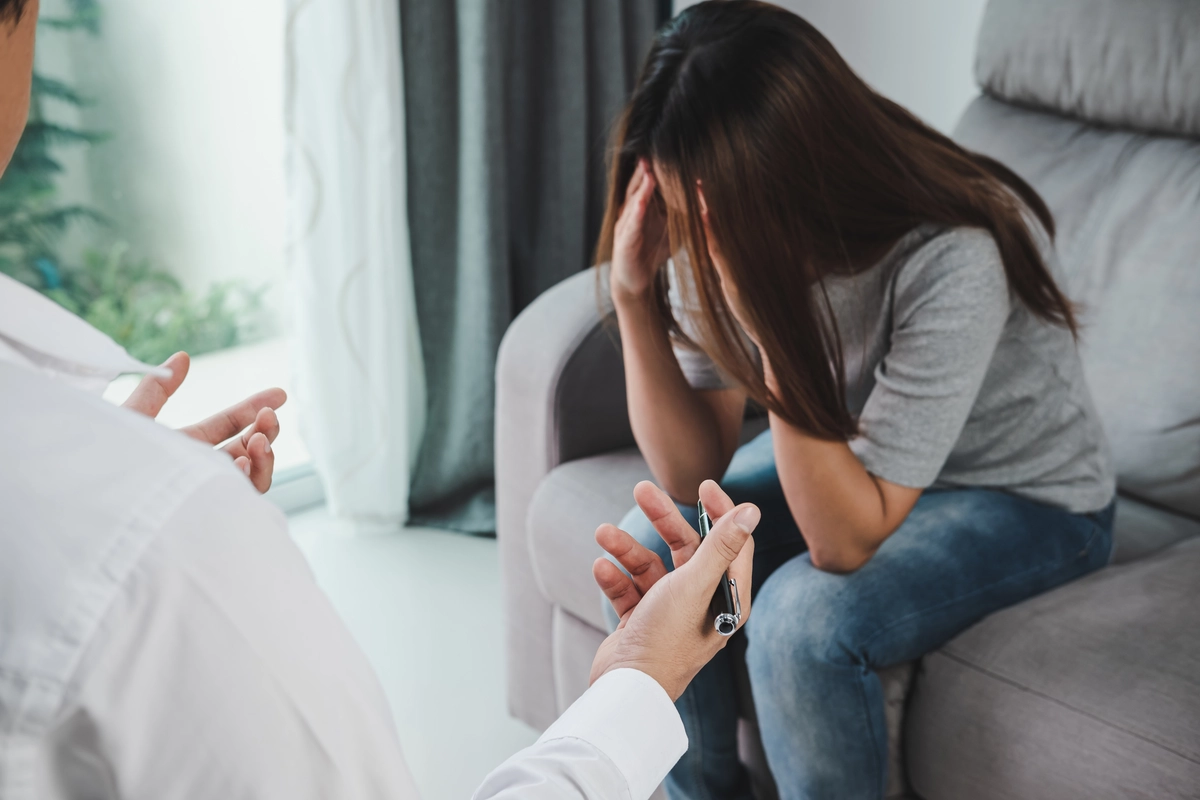24/7 Helpline:
(866) 899-111424/7 Helpline:
(866) 899-1114
Other Insurance Options

WellPoint

Private insurance

Premera

Sliding scale payment assistance

Providence

Highmark

Medical Mutual of Ohio

CareFirst

Cigna

Regence

Anthem

MHNNet Behavioral Health

BlueShield

Oxford

MVP Healthcare

Magellan Health

PHCS Network

Molina Healthcare

BHS | Behavioral Health Systems

Evernorth











































































































































































































































































































































































